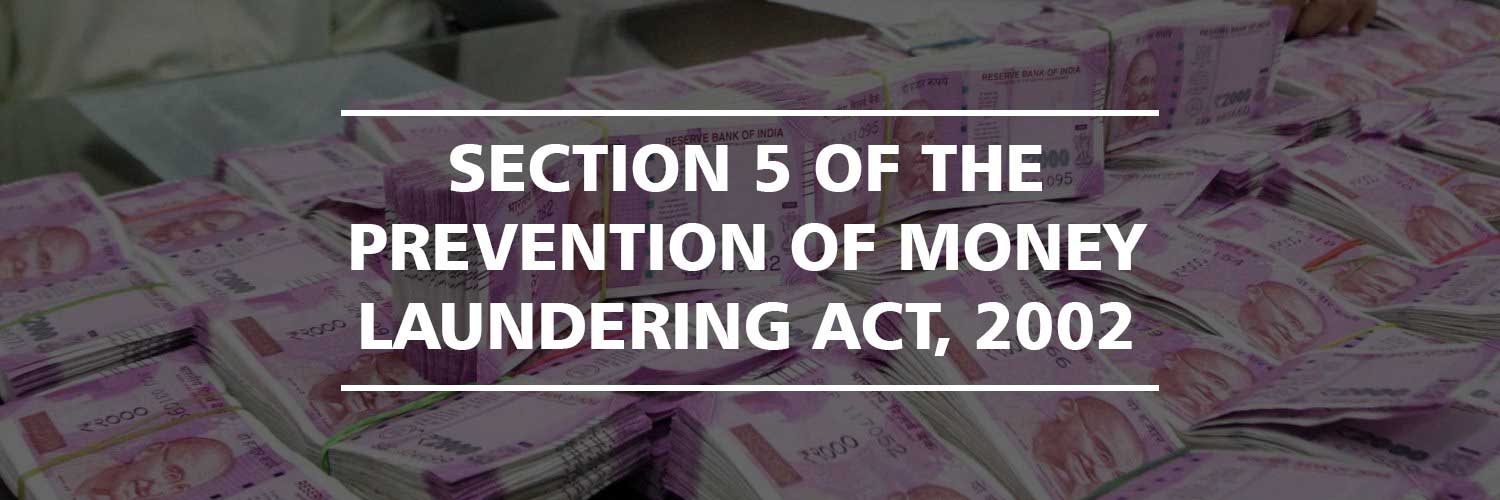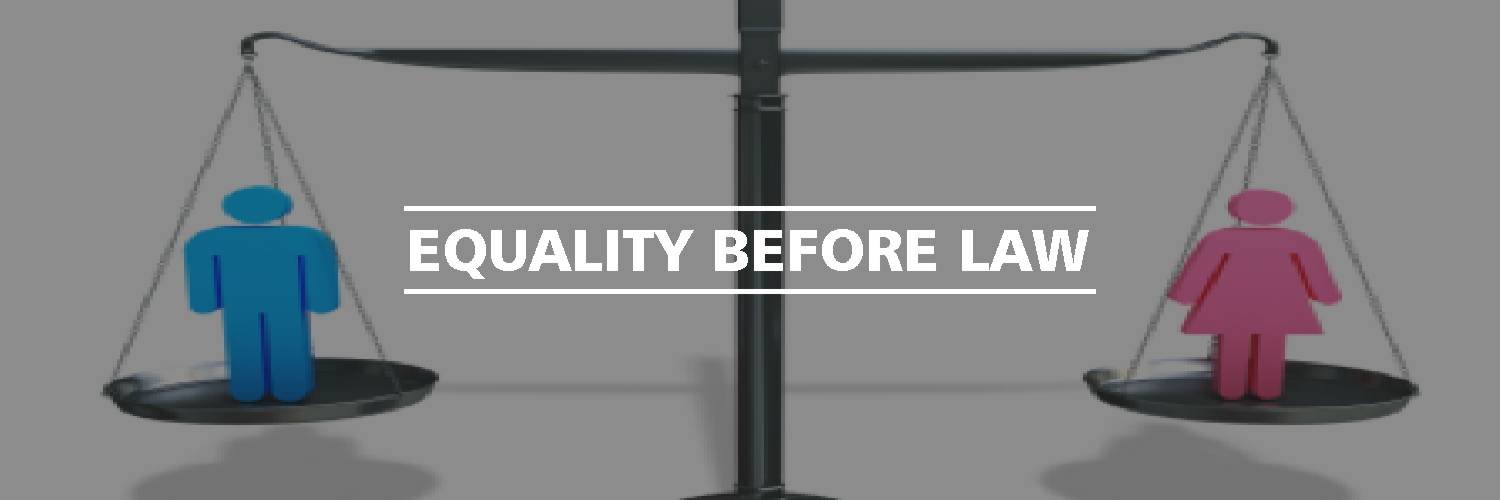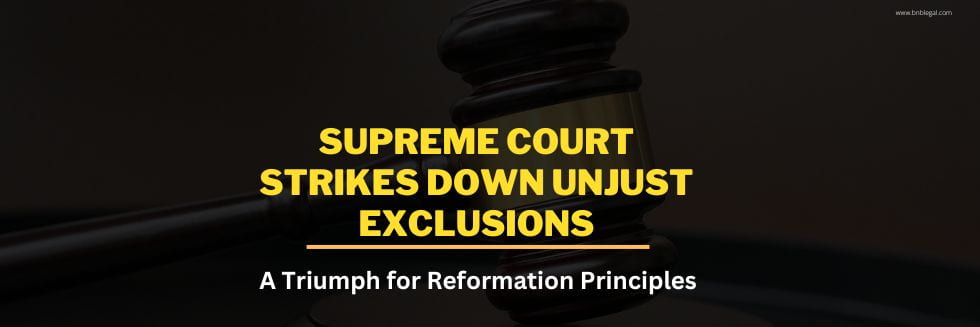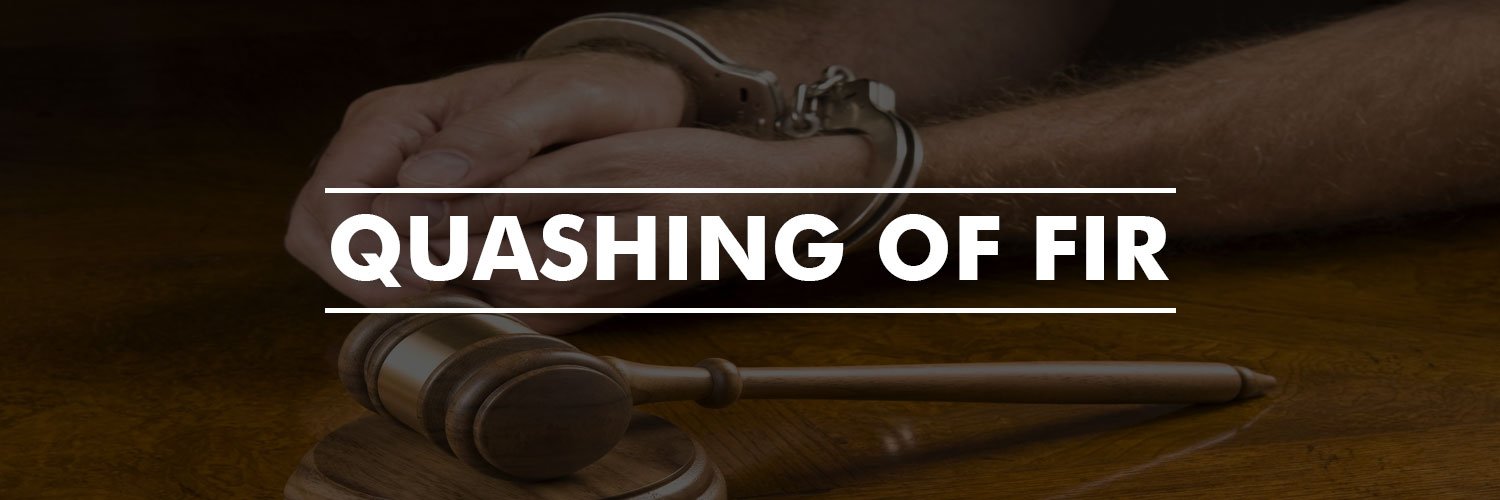Overview
Profit-making has become the essence of corporate arena. Money laundering in layman’s term can be defined as concealing money received from an illegal source. The primary object of laundering money is to disguise the criminal origin of the funds and exhibit it as legitimate money in some other territory where the laws are not severe and strict. Thus, it involves cross-border activity which may have a catastrophic impact on the financial, social and economic stability of the country.
This menace in India is controlled through the Prevention of Money Laundering Act, 2002[1] which was brought in force with effect from 1st July 2005 to implement the Political Declaration adopted by the Special Session of the UN General Assembly, 1999 which called upon its Member- States to adopt and implement money laundering legislation and programme.
Prevention of Money Laundering Act, 2002: Major Issues
Section 2 (p) of the Act defines money laundering as the meaning assigned in Section 3 of the act which states that; “Whosoever directly or indirectly attempts to indulge or knowingly assists or knowingly is a party or is actually involved in any process or activity connected with the proceeds of crime and projecting it as untainted property shall be guilty of offence of money-laundering.”[2]
“Proceeds of crime” means any property derived or obtained, directly or indirectly, by any person as a result of criminal activity relating to a scheduled offence or the value of any such property.[3] “Property” means any property or assets of every description, whether corporeal or incorporeal, movable or immovable, tangible or intangible and includes deeds and instruments evidencing title to, or interest in, such property or assets, wherever located.[4]
Section 5 is the kernel of the Act which gives the power to the Director or any other person authorised by him (not below the rank of Deputy Director) to attach the property for which he has reason to believe have been acquired through proceeds of crime as specified in the schedule of the Act on a provisional basis for a period not exceeding 150 days. Provided, that the order of such attachment is made only after submitting a report to Magistrate in consonance with Section 173 of the Code of Criminal Procedure, 1973.
Second Proviso to this Section provides that even though the person has not been charged with committing a “scheduled offence”, the Director or any other person authorised by him (not below the rank of Deputy Director) may still attach the property if they have a reason to believe that if such property is not attached immediately, such non-attachment is likely to frustrate the proceedings under the Act.
The constitutional validity of the second proviso was challenged in a series of 19 petitions before the Delhi High Court[5]. The Delhi High Court upheld the validity of the same and laid down the following key points:
- “The second proviso to Section 5(1) PMLA is not violative of Article 14 of the Constitution of India; the challenge in that regard in these petitions is hereby negatived.
- The expression ‘reasons to believe’ has to meet the safeguards inbuilt in the second proviso to Section 5(1) PMLA read with Section 5(1) PMLA.
- The expression ‘reasons to believe’ in Section 8(1) PMLA again has to satisfy the requirement of law as explained in this decision.
- There has to be a communication of the ‘reasons to believe’ at every stage to the notice under Section 8(1) PMLA.
- The notice under Section 8(1) PMLA is entitled to access to the materials on record that constituted the basis for ‘reasons to believe’ subject to reduction in the manner explained hereinbefore, for reasons to be recorded in writing.
- If there is a violation of the legal requirements outlined hereinbefore, the order of the provisional attachment would be rendered illegal.
- There can be single-member benches of the AA (Adjudicating Authority) and the AT (Appellate Tribunal) under the PMLA. Such single-member benches need not mandatorily have to be JMS (Judicial Members) and can be AMs (Administrative Members) as well.”
With this judgment the purview of the powers of the Director has been secured, however; the Act cannot be implemented in spirit since the Act does not have retrospective application and is limited on to the scheduled offences.
In Mahanivesh Oils & Foods Pvt. Ltd. vs. Directorate of Enforcement[6] wherein the Appellate authority confirmed the order of provisional attachment of the property which was acquired prior to the enforcement of the Prevention of Money Laundering Act and the said offence. The Hon’ble Court observed that the PMLA is a penal statute and, therefore, can have no retrospective or retroactive operation as Article 20(1) of the Constitution of India expressly forbids that no person can be convicted of any offence except for the violation of a law in force at the time of the commission of the act charged as an offence.
Thus, the applicability of the Act is only limited to the offences specified in the schedule of the Act. Since money laundering has a complicated intercontinental cartel and a sophisticated crime; it needs to be implemented in spirit.
References
[1] Hereinafter, called the Act.
[2]Section 3, Prevention of Money Laundering Act, 2002.
[3]Section 2(u), Prevention of Money Laundering Act, 2002.
[4] Section 2(v), Prevention of Money Laundering Act, 2002.
[5] M/S Dhawan Creative Prints Pvt. Ltd. v. Union of India & ors., W.P.(C) 9808/2017 & CM APPL.39897/2017.
[6] W.P.(C) 1925/2014 and CM No. 4017/2014.





